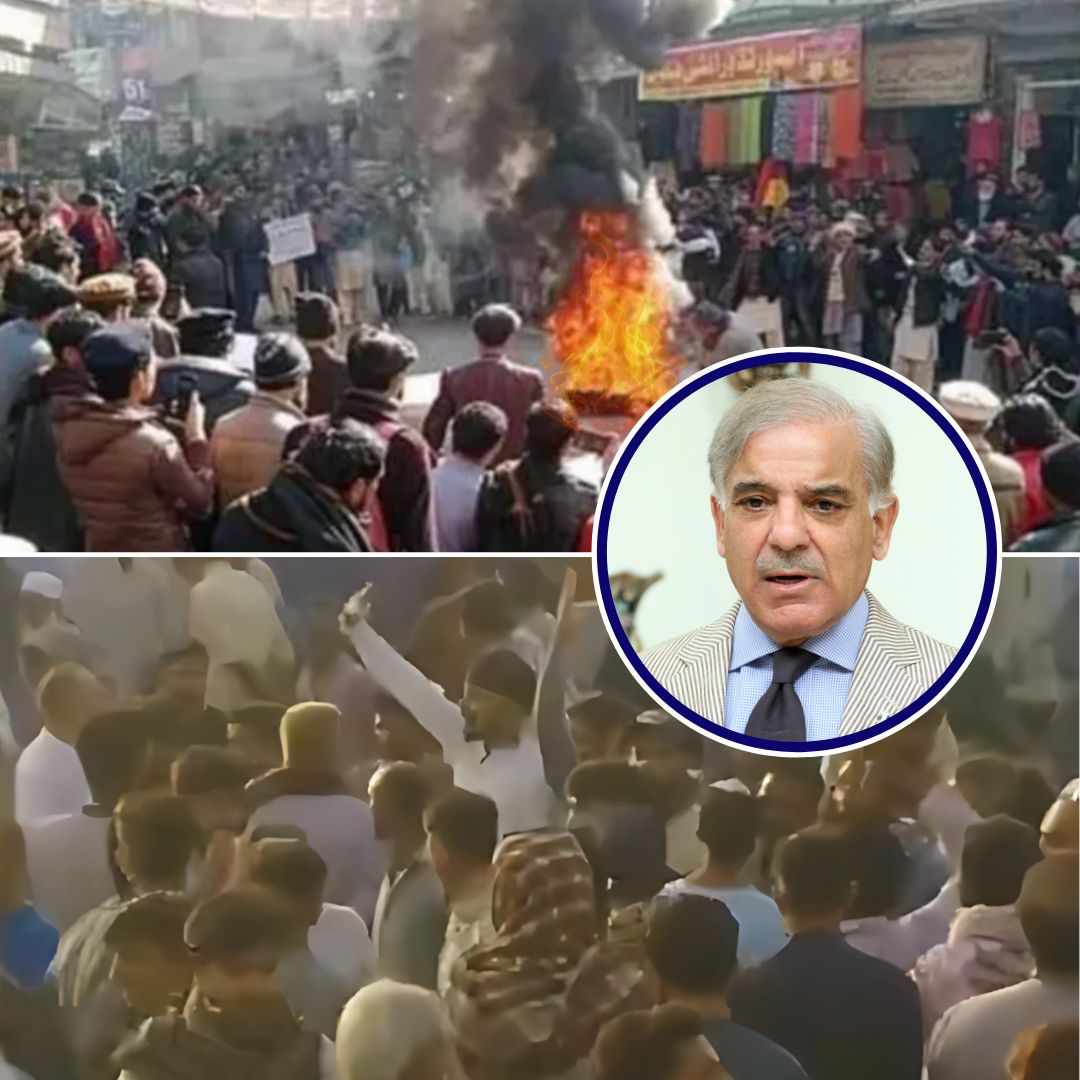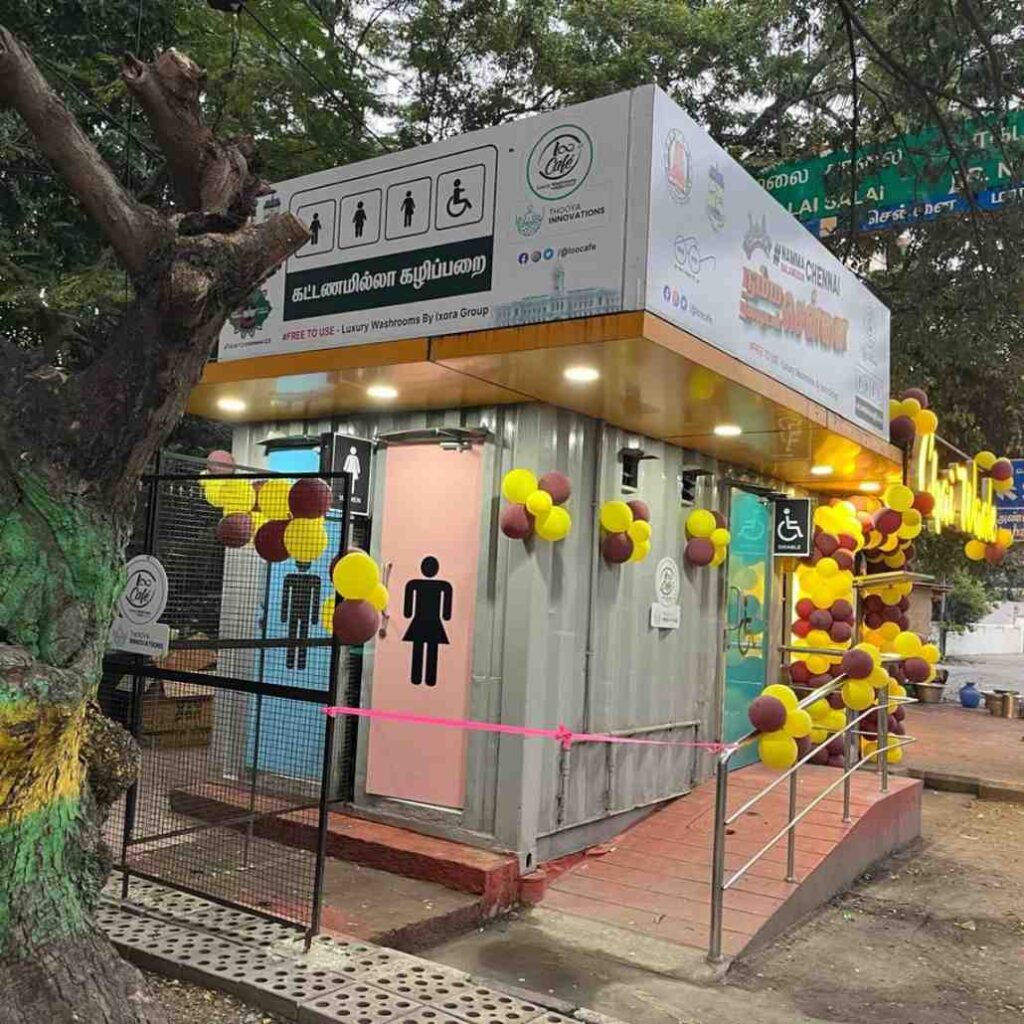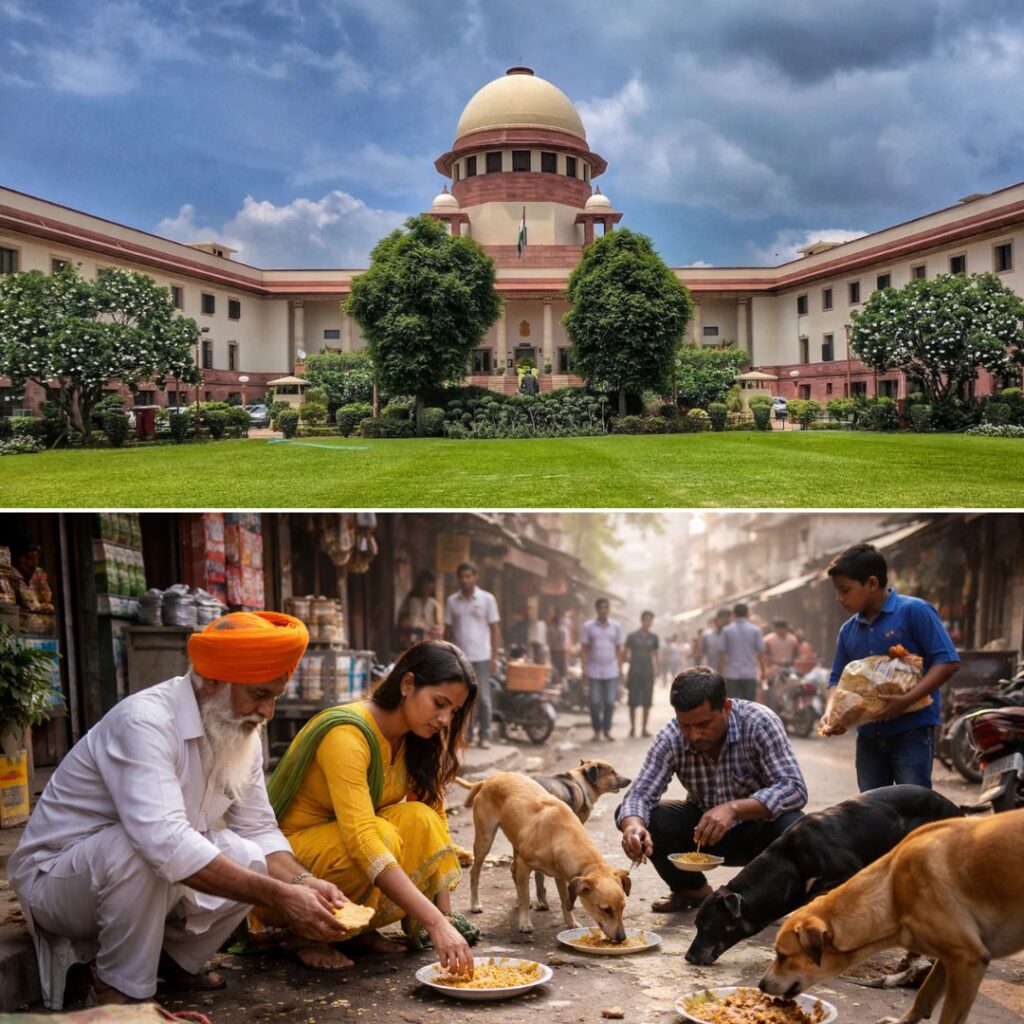Pakistan-occupied Kashmir (PoK) is witnessing one of its largest protests in recent times, organised by the Awami Action Committee (AAC), a key civil society coalition. The AAC called for a “shutter-down and wheel-jam” strike across major districts, including Muzaffarabad, Mirpur, Kotli, and Neelum Valley, as a show of widespread discontent with political marginalisation and economic neglect.
The demands centre on scrapping 12 legislative assembly seats reserved for Kashmiri refugees residing in Pakistan, arguing these seats subvert local governance by favouring Islamabad’s influence. Other key demands include subsidised flour and essential goods, fairer electricity tariffs linked to the Mangla hydropower project, and fulfilment of long-delayed reforms promised by the Pakistan government.
Security Measures and Internet Blackout
In anticipation of the protests, Pakistan deployed thousands of troops, including armed paramilitary forces from Punjab and additional police reinforcements from Islamabad, creating a heavy security presence. Entry and exit points to major towns were sealed to prevent mass mobilisation. Most notably, internet, landline, and cellular services were suspended beginning at midnight, a move aimed at disrupting protest coordination but which has drawn criticism from human rights groups and diaspora organisations.
Videos circulating on social media depict convoys of security forces, tense streets, and crowded rallies with slogans demanding rights and reform. Police firing incidents have been reported in some areas, though the AAC insists the protests are largely peaceful.
Failed Negotiations and the AAC’s Charter
The current unrest follows a breakdown in extended talks between AAC leaders, PoK administration representatives, and federal ministers. The dialogue ended after 13 hours without resolution because the AAC refused to compromise on key issues such as elite privileges and the reserved refugee assembly seats. Shaukat Nawaz Mir, a core AAC leader, emphasised the campaign is not against any institution or ideology but is a demand for fundamental rights denied for over 70 years.
The AAC presents a detailed 38-point charter covering governance reforms, economic justice, and improved public services. The protests have garnered support from lawyers’ associations, civil society groups, and the PoK diaspora in countries like the US and UK, who are mobilising overseas solidarity efforts.
The Logical Indian’s Perspective
The unfolding crisis in PoK highlights the critical need for sincere, peaceful engagement that addresses long-standing grievances through dialogue and reform rather than force. The Logical Indian upholds the values of empathy, coexistence, and respect for human rights.
Government crackdowns, internet blackouts, and heavy militarisation risk deepening alienation and sparking further unrest. Instead, transparent governance and the recognition of political and economic rights can pave the way for harmony and justice in the region. Ending this cycle requires courage on all sides to prioritise dialogue over confrontation.
#BREAKING: Thousands of civilians to launch massive protests in Pakistan Occupied Kashmir (PoK) tomorrow against Pakistani Govt under leadership of Awami Action Committee. Pak forces bring thousands of troops from Punjab to crush protest. Internet shutdown from midnight in PoK. pic.twitter.com/nfeSviJHsC
— Aditya Raj Kaul (@AdityaRajKaul) September 28, 2025













